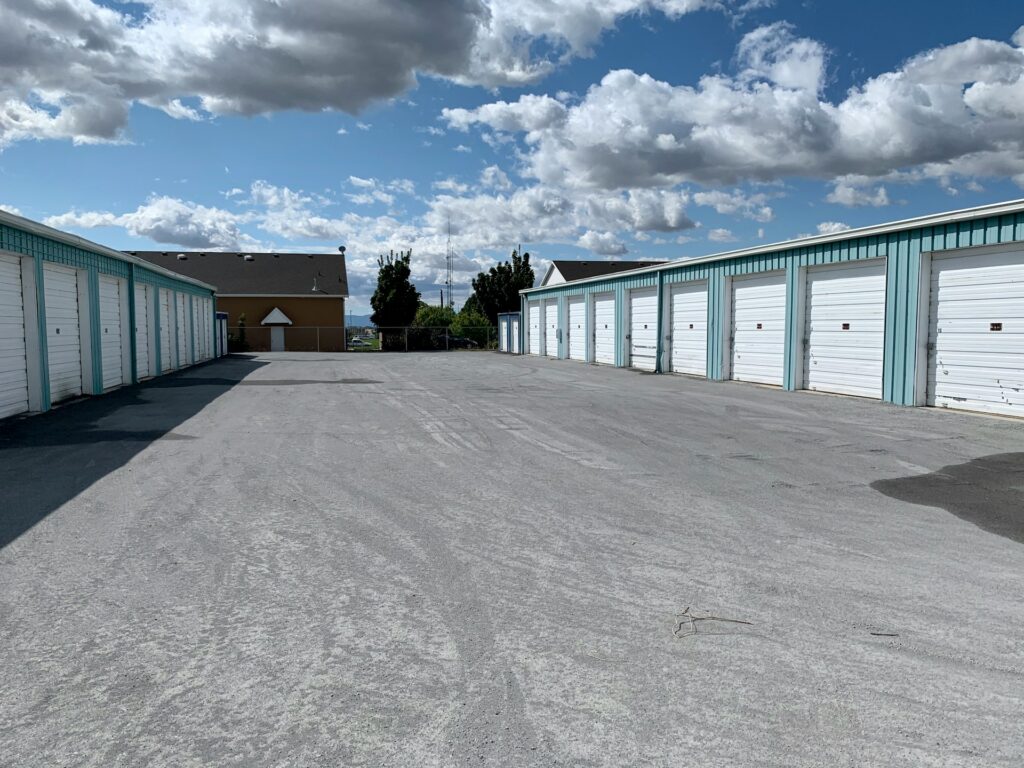Key Takeaways:
- Discover practical ways to manage and organize storage spaces effectively.
- Learn the benefits of various storage solutions and how they can be applied to different scenarios.
- Understand tips for maintaining an efficient and clutter-free storage environment.
Table of Contents
- Tips for Organizing Storage
- Benefits of Efficient Storage
- Choosing the Right Storage Units
- Maintenance of Storage Spaces
- Why You Need Extra Space
Tips for Organizing Storage
Organizing storage efficiently can transform cluttered spaces into streamlined, functional areas. Start by decluttering and categorizing items, discarding or donating those no longer needed. Use clear, labeled containers to keep similar items together and ensure they are easily identifiable. Utilize vertical space with shelving units and hooks, especially in smaller areas. Invest in multi-functional furniture, like ottomans with hidden storage, to maximize space in living areas. Place frequently used items in accessible spots, while seasonal or rarely used items can be stored in less accessible areas. Regularly reassess and reorganize to maintain order and adapt to changing storage needs, ensuring a consistently tidy and efficient space. For those with extensive storage needs, public storage units Petaluma offer a practical solution for keeping items safe and accessible.
Benefits of Efficient Storage
Utilizing efficient storage solutions can have several advantages, including reduced clutter, better space utilization, and easier item access. A clutter-free environment can significantly improve mental well-being, reduce stress, and increase productivity. A well-organized storage space can also boost productivity by saving time looking for things and creating a more pleasant environment. Efficient storage solutions can help users quickly find seasonal items or important documents without digging through piles of clutter. This can be especially helpful for small business owners who need to manage inventory effectively.
Choosing the Right Storage Units
Selecting the appropriate storage units depends on your specific needs. Portable storage options, such as foldable bins, are great for temporary solutions, while durable, fixed units, such as metal shelves, work well for long-term storage. Assess the size and material requirements based on what you plan to store. For instance, wooden shelves might be ideal for lighter items, while metal shelves are better suited for heavy boxes. Ensure the unit is weatherproof if storing items damaged by humidity or temperature changes. Climate-controlled storage units are a good option for valuable or sensitive items, ensuring they remain in optimal condition.
Maintenance of Storage Spaces
Regular maintenance is critical in ensuring your storage spaces remain helpful and efficient. Schedule periodic cleanouts to discard unnecessary items. This helps in keeping the area tidy and making space for new items. Dust shelves and containers to prevent buildup, ensuring your belongings remain clean and in good condition. Monitoring for pests and mold can also protect your belongings. Using pest deterrents and moisture absorbers can prevent potential damage. Creating a simple checklist can help keep you on track with maintenance tasks. Regularly updating this checklist ensures that the storage space remains in optimal condition.
Why You Need Extra Space
Extra storage space can accommodate seasonal items, such as holiday decorations or sports equipment, and declutter your living or working areas. It allows keeping items safe without giving them up permanently, ensuring you have what you need when needed. This added flexibility is invaluable in maintaining an organized and efficient home or office space. Extra space also allows for future growth, whether in personal belongings or business inventory. It ensures you can adapt to changing needs without compromising on organization.

